Week 9: A Home on the Range
Harry Hill - age 80 - took a pull from his cigar and exhaled contentedly. From his living room, he could look out onto his quiet neighborhood in Anaconda, Montana. Nobody had walked by his front window in over an hour, and that was all right with him. Reflexively, his hand dropped to tip some ash into an ashtray by his easy chair, but this time the cigar slipped out of his fingers and fell onto a stack of newspapers. The papers must have been sitting too long in the July heat, for they quickly caught fire. Harry tried to reach for the cigar, thought better of it, and stamped at the flames with his slippers. A blackened shred of paper flew up, drifted across the room, and came to rest close to the lower edge of the curtains. Too close.

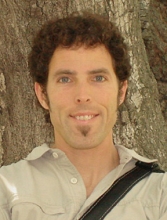
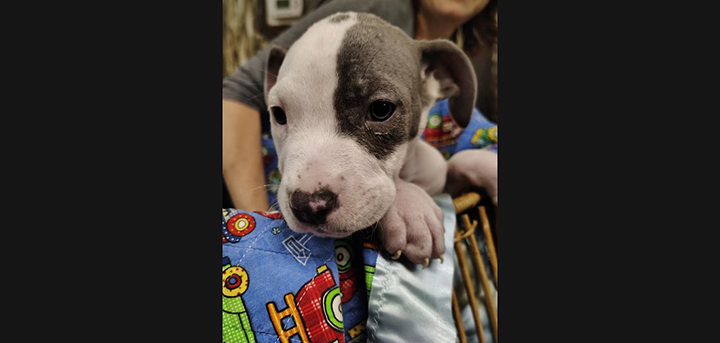
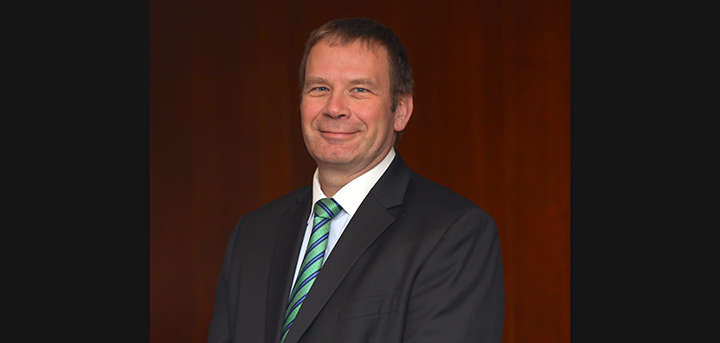
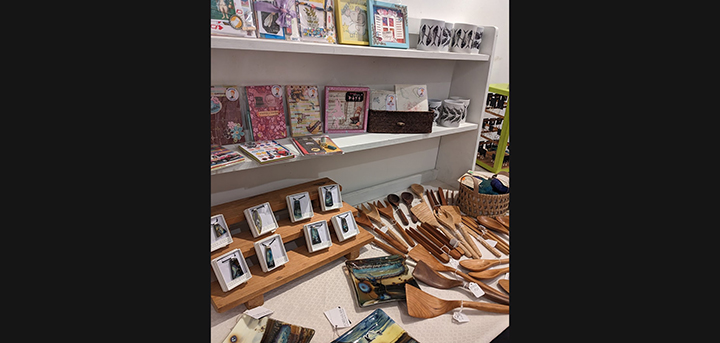
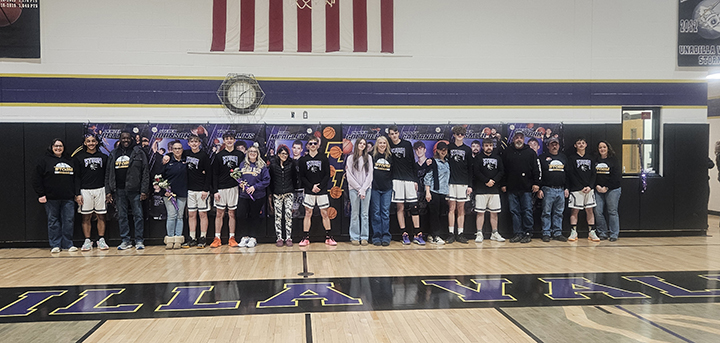
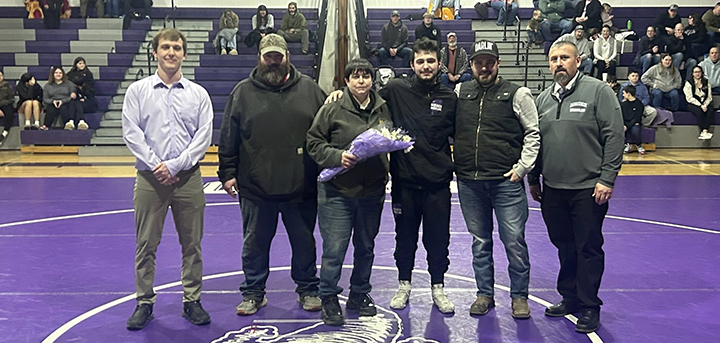
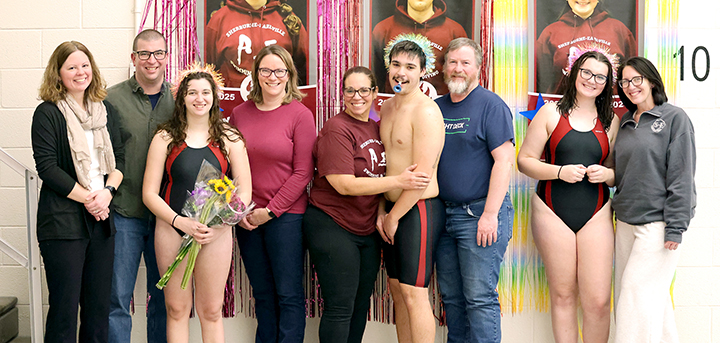

Comments